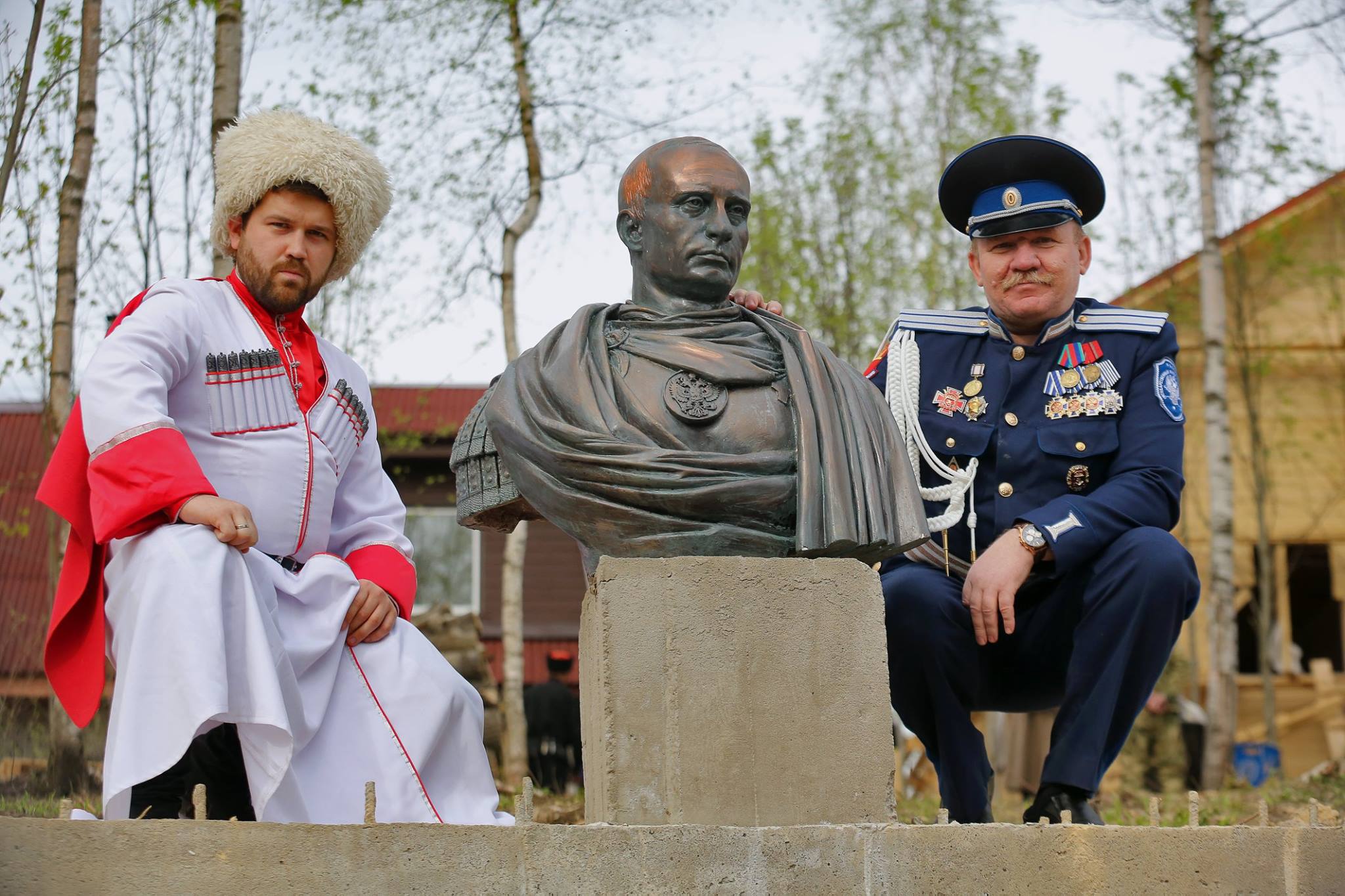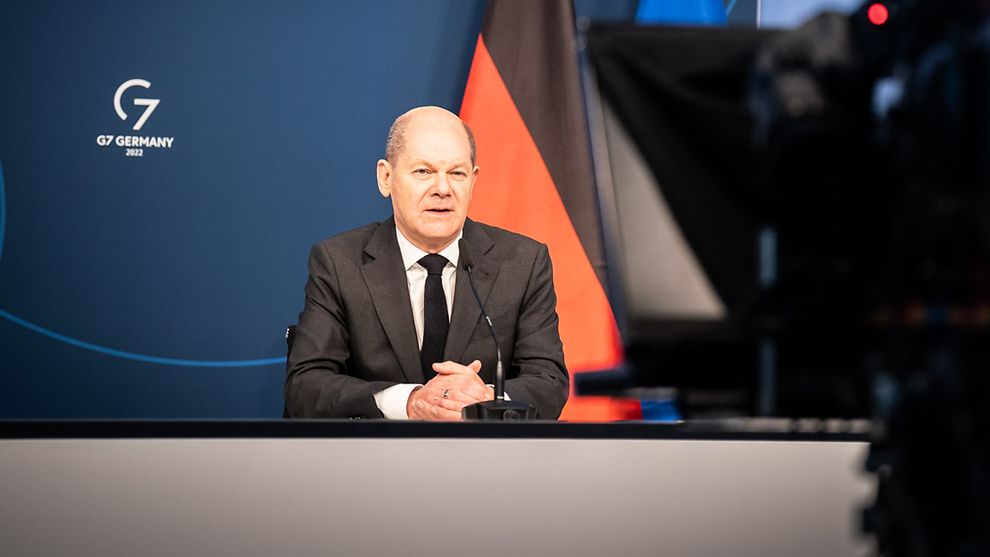 In a recent book review essay in the New York Review of Books, military historian Max Hastings cites a passage from Nicholas Stargardt’s “The German War” (Basic Books, 2015) to explain why Germans continued to “close ranks around Hitler” even after it became obvious that their country was going to lose the war.
In a recent book review essay in the New York Review of Books, military historian Max Hastings cites a passage from Nicholas Stargardt’s “The German War” (Basic Books, 2015) to explain why Germans continued to “close ranks around Hitler” even after it became obvious that their country was going to lose the war.
The argument Stargardt offers and that Hastings finds persuasive is this: If Germans lost the war, they knew that “retribution must follow” and that this retribution “seemed likely to be annihilatory.” Consequently, Stargardt says, faced with the prospect of defeat,
“Neither Nazism nor the war itself could be rejected, because Germans envisaged their own defeat in existential terms. The worse their war went, the more obviously ‘defensive’ it became. Far from leading to collapse, successive crises acted as catalysts of radical transformation… Major disasters like Stalingrad and Hamburg did indeed lead to a catastrophic fall in the regime’s popularity, but they did not in themselves call patriotic commitment into question.”
[This quotation is given in Hastings’ “Why the Germans Closed Ranks around Hitler,” New York Review of Books, October 22, 2015, p. 29.]
Stargardt’s insight may be instructive for analyzing what is happening and is likely to happen in Russia today under Vladimir Putin in three ways.
- First, it explains why the Kremlin increasingly casts the struggle between Russia and the West now in apocalyptic terms, talking about supposed Western plans to dismember Russia.
- Second, it explains why many Russians even those opposed to Putin’s policies will continue to express support for him as the symbol of their statehood. It is not just that Russian liberalism “ends at Ukraine.” Russian liberalism may end at the thought that Russia itself is at stake. (On this, see Aleksey Shiropayev‘s article in Russian here).
- And third, it explains why despite all the challenges he now faces or more precisely because of those challenges as he and his propagandists define them, Putin may be able to retain support far longer than many expect – and do so by playing this apocalyptic card, as dangerous as that ultimately is for Russia and the world. Indeed, it may even explain some of the outrages his regime commits.






